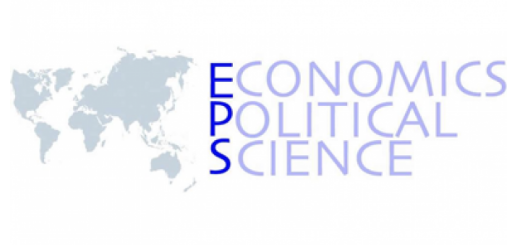Comparative politics

The course is thought as an advanced course in Comparative politics for students that have already followed one or two BA courses in political science.
It is held in the third trimester, lasts 60 hours for 9 CFU and it is a first year compulsory course for all EPS students.
Links (AY 2025-26): Comparative politics on Ariel – Comparative politics on Unimi
Knowledge and understanding: The course aims at improving the knowledge and understanding of the main institutional mechanisms and dynamics of modern democracies, and how they relate to a range of diverse political and economic effects. The course will focus mainly on electoral systems, party systems and issues of political economy.
Applying knowledge and understanding: Through the critical review of recent research articles published in the best international journals, students are expected to learn how to apply their knowledge to specific research questions, and how to cope with the methodological problems of empirical research. Political issues that could emerge during the course, or the own experiences of students coming from different countries, will be used in order to verify and apply the understanding of modern democracies.
Making judgements: By reviewing the original datasets associated to some of the readings in the syllabus, and by replicating and updating some of the models, students will learn how to confirm or to falsify hypotheses, how to avoid fallacies and the major problems in understanding causal relationships. This will help them in making judgements that are consistent with the empirical evidence.
Communication skills: During the course, students will have to present and/or discuss the research articles included in the syllabus, and/or present their own replication results, thus further developing their communication skills through oral presentations, and the preparation of slideshows.
Learning skills: At the end of the course, students should be more autonomous in the evaluation of scientific evidence in the field of political and economic phenomena,and should be capable of performing a quantitative test of their own research hypotheses. They should have thus developed or improved their analytical skills and capabilities, so that they could be apply them in a range of situations and environments.

